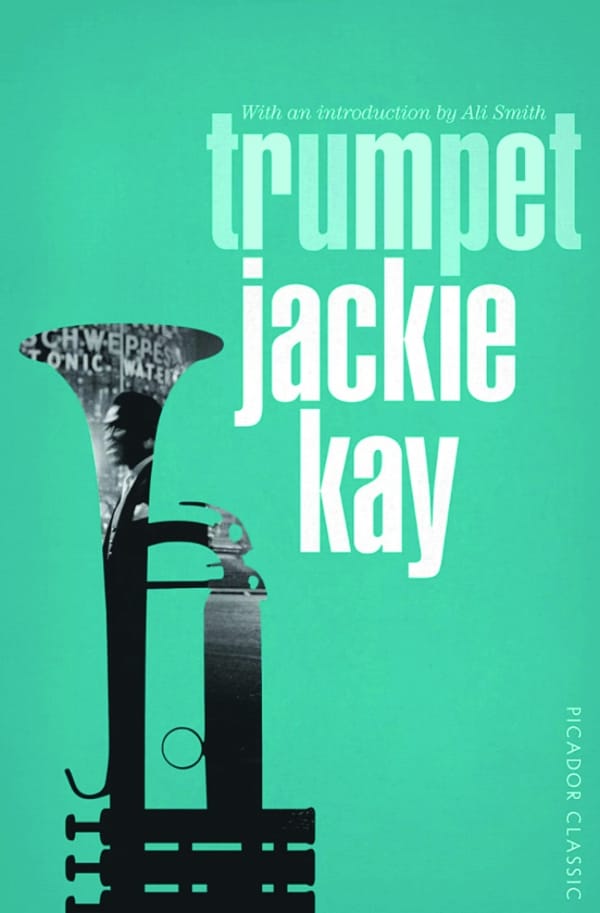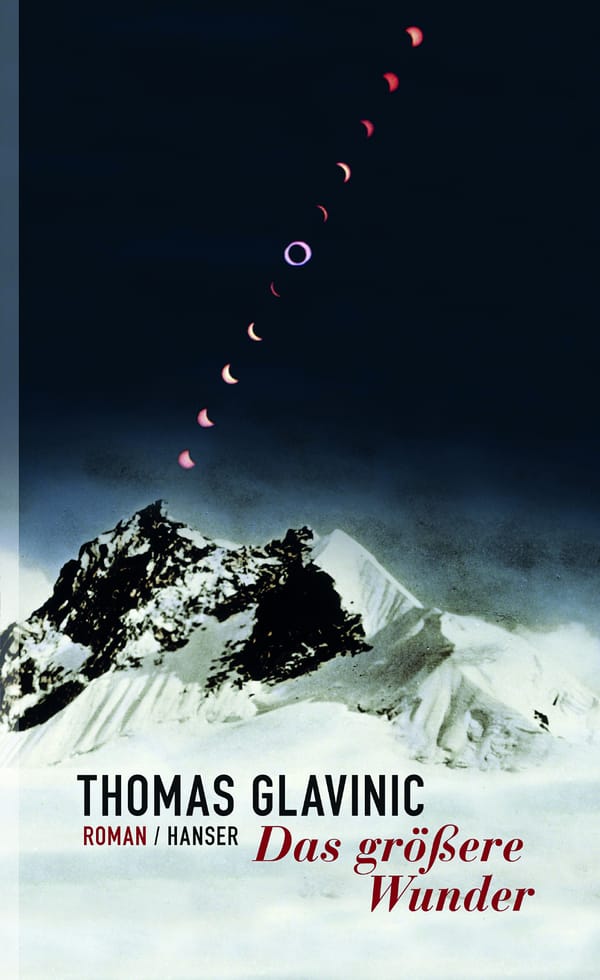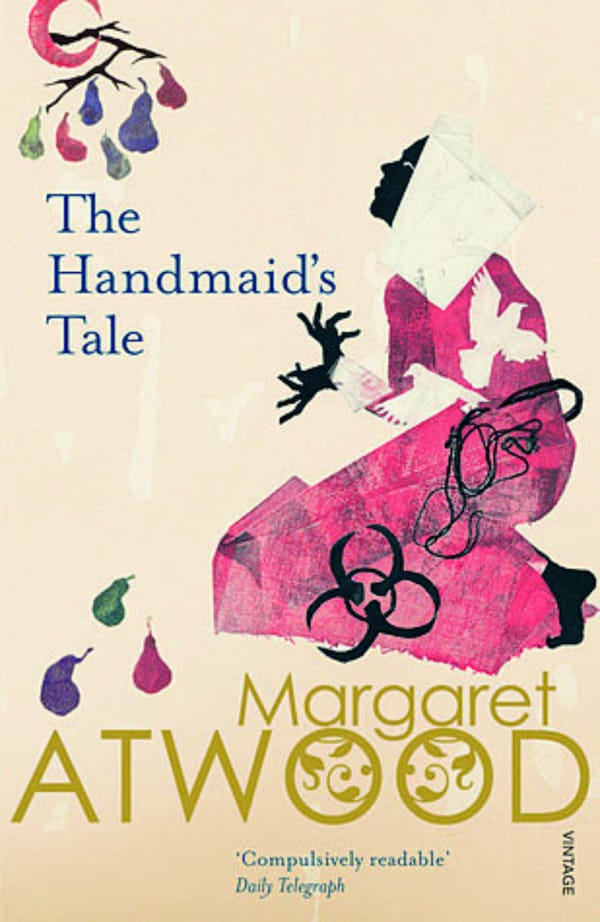Seeing the world through literature – so many books, so little time
Reading goes hand in hand with travelling, introducing you to local novels, new ideas, and amazing bookshops

Seeing another part of the world is quite an exciting prospect for anyone: different foods, culture, history, and – most importantly – visiting beautiful bookstores and discovering authors you would not have heard of otherwise. Picking up a book, albeit translated to English, by a local author has been a tremendously rewarding experience. These writers provide an excellent snapshot of their country, drawing upon the area’s history, socioeconomic and cultural backgrounds, and quite often, their own personal experiences. To read the book and be able to see the actual location or art piece referenced simultaneously magnifies the enjoyment of both the trip (and its memories) and of the read. To that end, I have always made an effort to find a nice bookstore in whichever country I visit and purchase an appropriate book. Examples of such finds include Lafcaido Hearn’s Kokoro from Japan, Cees Nooteboom’s Rituals from The Netherlands, and Toomas Vint’s The Sweepstakes of Love from Estonia, amongst others.
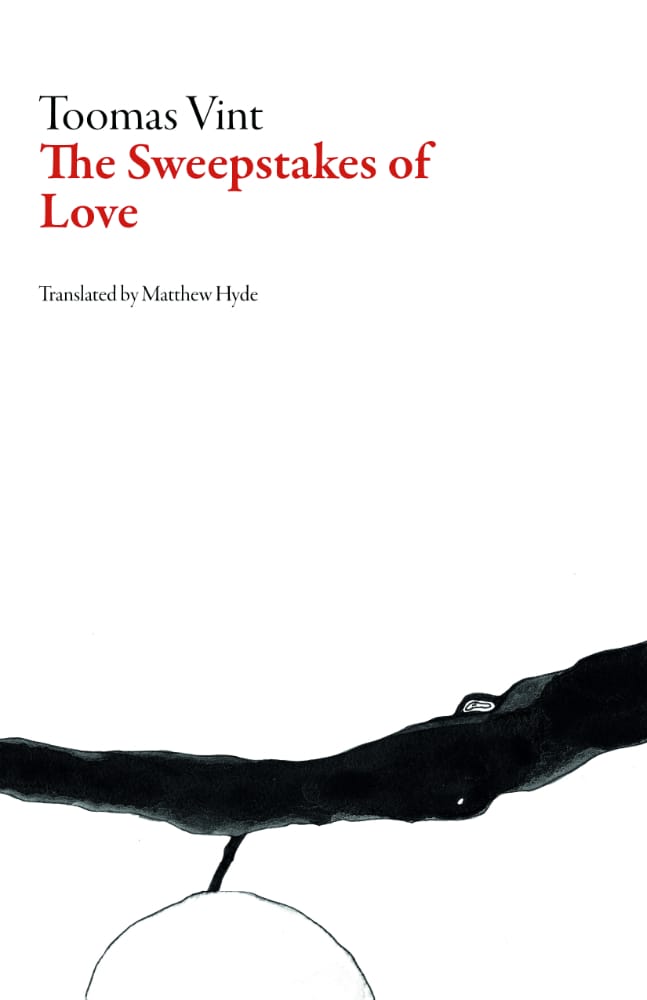
Toomas Vint’s The Sweepstakes of Love
I bought this book from a small bookstore in Tallinn, half expecting a treatise on love, the human experience, futility etc. Rather, Vint wrote a sophisticated two part series. The first part consists of a semi-autobiographical collection of short stories conceptually similar to what I am sure anyone who enjoys silent contemplation and reading does daily. Picture the inner monologue we all have, narrating our thoughts, feelings, and actions in relation to our changing selves and surroundings. From that description, we add layers of nuance, reflections, and philosophical musings to paint a personal story and occasionally, we might embellish the truth slightly or conceive of stories for other people we briefly encounter. Vint skilfully crafts such a story, describing scenes from his life growing up and living in Soviet-era Estonia as an artist. In an early story, Vint describes the time he attended a Soviet Pioneers camp, exploring the tension that existed between Russian and western parts of the union, resulting in Vint being beaten up. Another story describes Vint’s run-in with the KGB after his close friend defects from the Soviet Union, resulting in both Vint and his wife being investigated thoroughly. The second part, aptly titled ‘A Flock of Delusions’ consists of purely fictional short stories in a postmodern style and is worth a read by itself.
We are remarkably ahistorical about the good or bad that goes on around us. In a bid to move on, people quickly relegate the past events that affected them barely a generation ago. Visiting the KGB museum at the Viru Hotel in Tallinn was a poignant reminder of the extent of control on thought and life by the Soviet State. Reading Vint’s description of his own experiences and seeing his art in the KUMU museum (Vint is a painter as well) reinforced the images I saw and provided me insight into Estonian culture and perspectives.
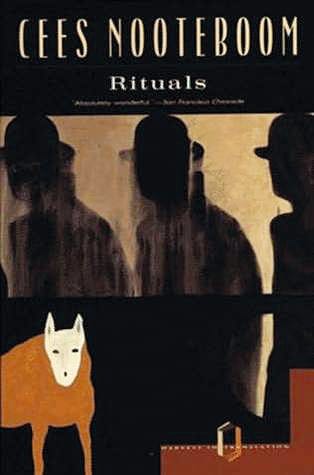
Cees Nooteboom’s Rituals
What made this read interesting within the context of seeing the world isn’t too much about the content, but rather where it was purchased. This book was purchased in Maastricht at the Bookstore Dominicanen, supposedly one of the most beautiful bookstores in the world. It was quite the sight, seeing a bookstore in a stunning 13th century church: the sunlight strikes the books to magical effects and intricate murals adorn the ceiling.
Rituals itself was quite the fascinating read. Nooteboom constructs a sublime narrative, weaving in existentialism in how people structure their lives, the experience of foreign cultures, and then challenges the reader to reflect on how they themselves approach life. Inni Wintrop, the dilettante, in recognising the meaninglessness of life, floats through it. He entertains himself with art and casual sex and funds it by art sales and trading on the stock market. He is unable to commit to anything: even his suicide attempt failed following his divorce. Nooteboom interestingly contrasts different approaches to coping with the existential dread we all have by introducing a father-son pair (the Taads) who, whilst similar in their rigid structuring of their lives in self-contained bubbles, do so very differently. Taads senior thoroughly plans every single minute of his life, striving to extract every moments’ full worth in a futile attempt to live a full life. Taad junior on the other hand contrived a unique flavour of oriental self-mortification, turning to religion and spirituality to cope with the same dread everyone has. I must point out that Rituals was not at all depressing and was one of the best reads in 2016 for me.
I would highly recommend these books to anyone looking for a read over Christmas or at the very least, those who want to add a literary element to their travels.

